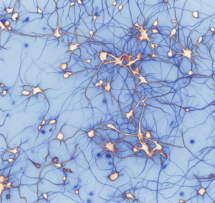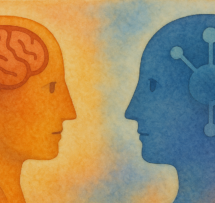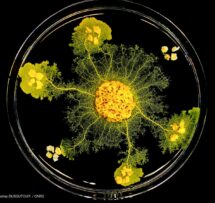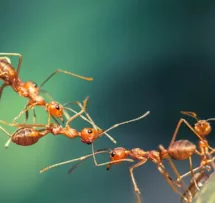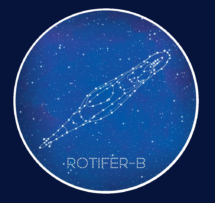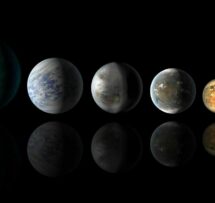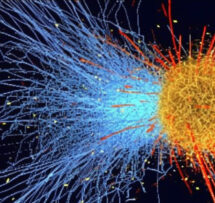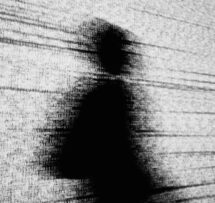Do you have Free Will?

Free will — the capacity to do as we choose — is a central aspect of human agency. Each one of us thinks (perhaps to different degrees) and experiences that we have agency and that we are the actors of our own existence. And yet, neuroscience also tells us that everything that we do is determined by the activity of our brain. Reconciling these two perspectives has proven suprisingly difficult from a philosophical perspective, and elusive from a neuroscientific approach. Here, we will explore the main tenets of two controversial ideas: The idea that there simply is no free will (hard determinism), as defended by Robert Sapolsky, and the idea that free will evolved (Kevin Mitchell). As Dennett put it, the real question is: “How we go from doing things for reasons to having reasons for doing things?"
Talk by
Axel Cleeremans
Axel Cleeremans (Ph.D. 1991, Carnegie Mellon) is a Research Director with the Fonds de la Recherche Scientifique (F.R.S.-FNRS) and aprofessor of Cognitive Psychology at the Université libre de Bruxelles (ULB, Belgium), where he heads the Consciousness, Cognition and Computation (CO3) Group and directs the Center for Research in Cognition & Neurosciences. His research is essentially dedicated to understanding the mechanisms of consciousness and the differences between information processing with and without consciousness. Cleeremans argues that consciousness is the result of unconscious learning mechanisms through which the brain continuously redescribes its interactions with itself, with the the world and with other people. To explore these issues, Cleeremans has obtained two prestigious advanced grants from the European Research Council, the first (2014-2019) dedicated to the "how" of consciousness (its mechanisms), the second (2022-2027) dedicated to the "why" of consciousness (its functions).
Cleeremans has acted as president of the European Society for Cognitive Psychology and of the Association for the Scientific Study of Consciousness. In 2020 he founded the Association of ERC Grantees, which he continues to preside. A member of the Royal Academy of Belgium, he is also the Field Editor-in-Chief of Frontiers in Psychology. In 2015, we was awarded the prestigious Ernest-John Solvay prize for human sciences by the Belgian National Fund for Scientific Research.
Axel Cleeremans has authored and edited several books as well as numerous articles dedicated to consciousness and implicit cognition. In 2009, he edited, together with Tim Bayne and Patrick Wilken, the "Oxford Companion to Consciousness".

Music by
Lavender Witch
Lavender Witch is a feminist grunge-punk band based in Brussels. On a full moon night in Brussels you might catch a glimpse of Lavender Witch's five muse-icians. Their powerful sound echoes punk, 90srock, and the Riot Grrrl movement. Centered around intersectional feminism and the magic of rebelliousness, they craft their incantations in full DIY-spirit. Let yourself be enchanted by the anti-patriarchal spells on their debut album "Awakening"!








